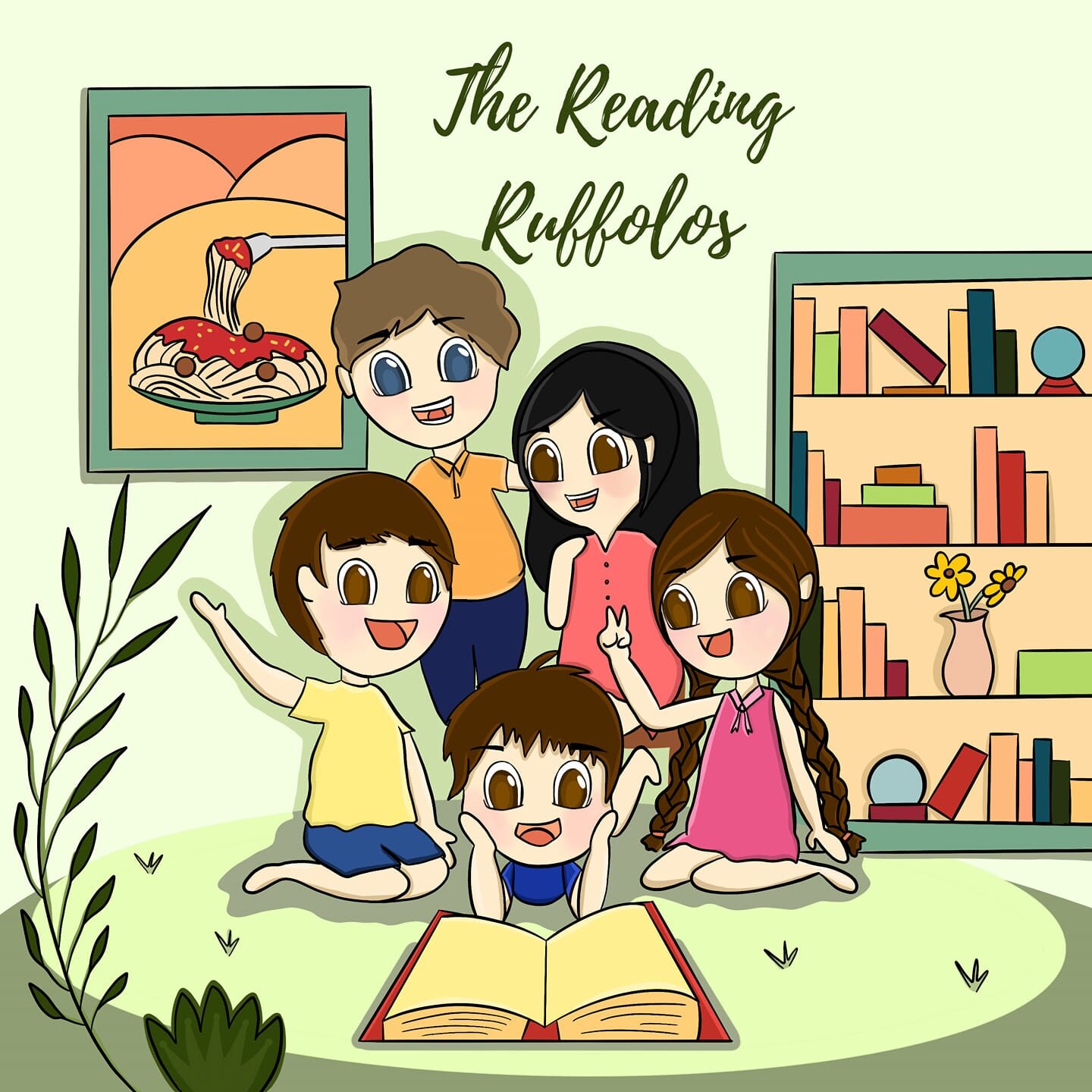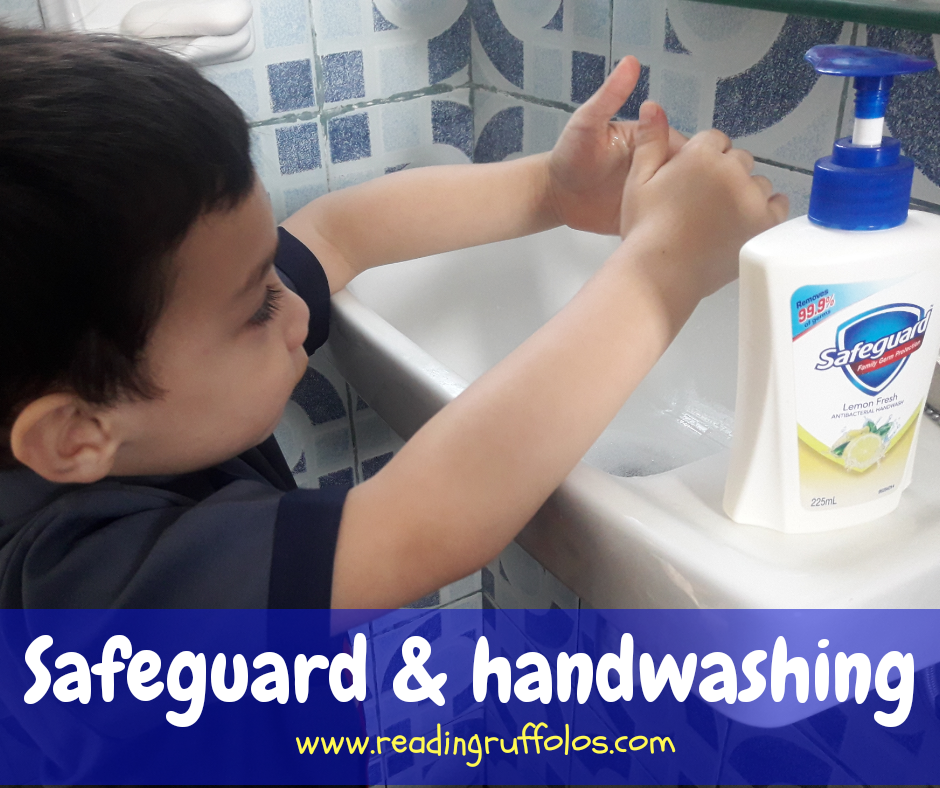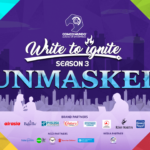Handwashing is a family culture at Casa Ruffolo — and it is largely because of Jeff who emphasized to the children the need to have clean hands.
Nicholas and Antoinette wash their hands before and after eating, after using the toilet and after every playtime or activity they participate in.
We do not even need to tell them. They just do it automatically.
But unlike Nicholas and Antoinette, the Philippine Handwashing Index, a study commissioned by the soap brand Safeguard, found out that Filipinos still do not have proper handwashing habits.
“Filipinos touch more than 23 other people, averaging 90 unique ‘touches’per day. However, we wash our hands only 5 times per day,” the study reports.
Seven out of 10 Filipinos claimed to wash hands after using the toilet but in reality, only 2 out of 10 really do.
Here are more statistics:
- 70% don’t wash their hands after sneezing or coughing (Yuck! All those germs!)
- 64% so not wash their hands after using a mall toilet (I do not even want to think what kind of disease-causing germs are in there.)
- 50% don’t wash their hands after having traveled on public transportation (All those people onboard the bus, jeepney, boat and yes, even that fantastic-smelling Grab car.)
- As many as 30% believe that handwashing with only water is enough. (Hmm…)
I grew up with Safeguard as our family soap. The beige soap was our favorite. Everything smelled better after washing our hands or after taking a bath using it. I can still remember the clean smell up to this day. My mother was a stickler for clean hands.
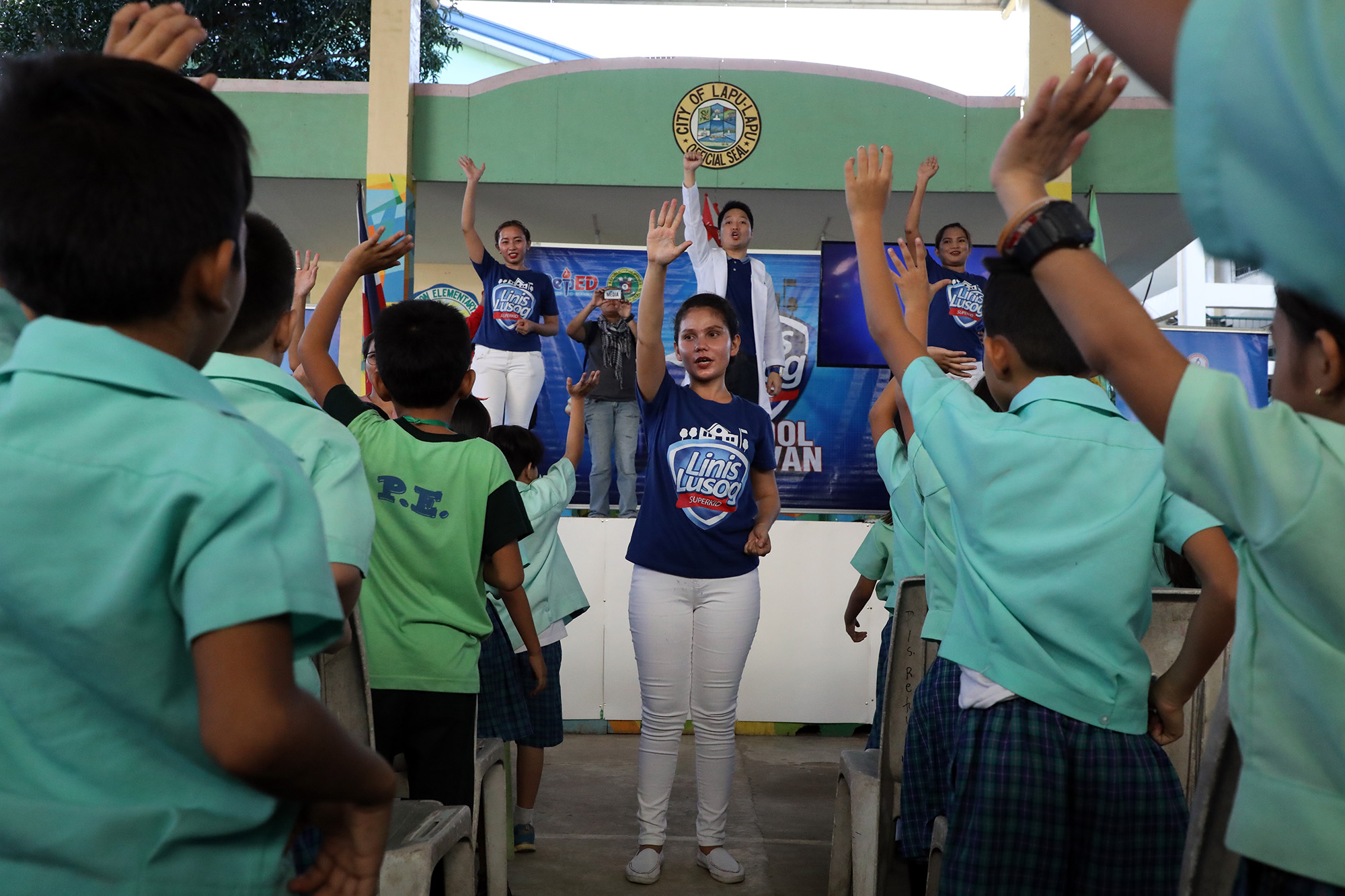
So when I joined the school tour in Marigondon Elementary School under their Linis Lusog Caravan last year, I had a walked down memory lane as I saw pupils learning how to do proper handwashing via “STEP or Safeguard after Toilet, before Eating and after Playing.” A jingle accompanied the lesson on proper handwashing making it easy to remember.
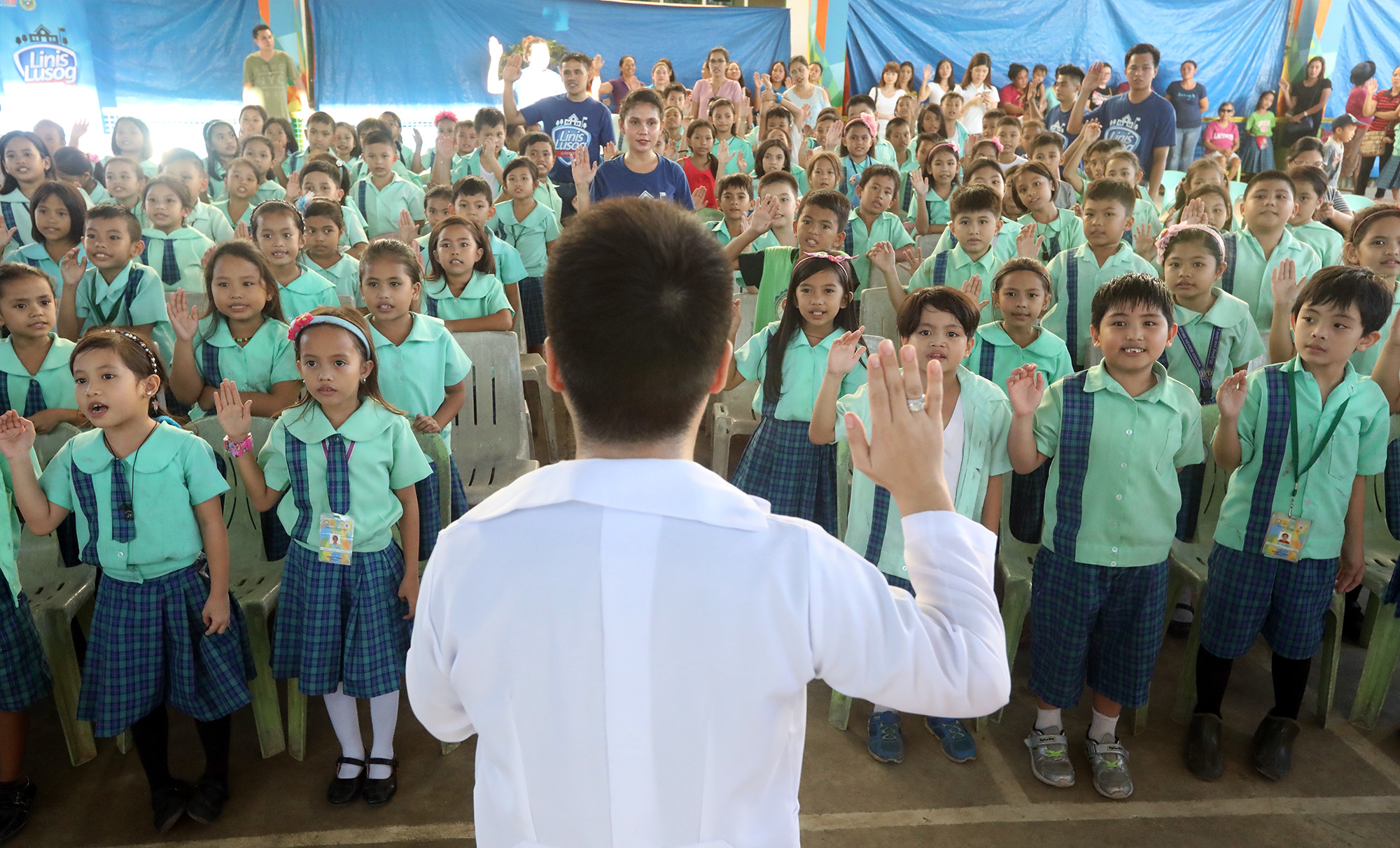
A Superkid oath was recited by both children and mothers to seal their commitment to practice handwashing and stay healthy and clean. Parents also attended a session on proper hygiene.
The caravan was carried out in
celebration of the Global Handwashing Day.
I was told that the caravan, part of Safeguard’s health and sanitation program, was kicked off in 2016 with the aim to teach good hygiene habits to school children and mothers.
Safeguard has since then reached 1,673 schools, 611,310 students, and 207,992 moms and counting as the brand continues to spread the knowledge about proper handwashing.
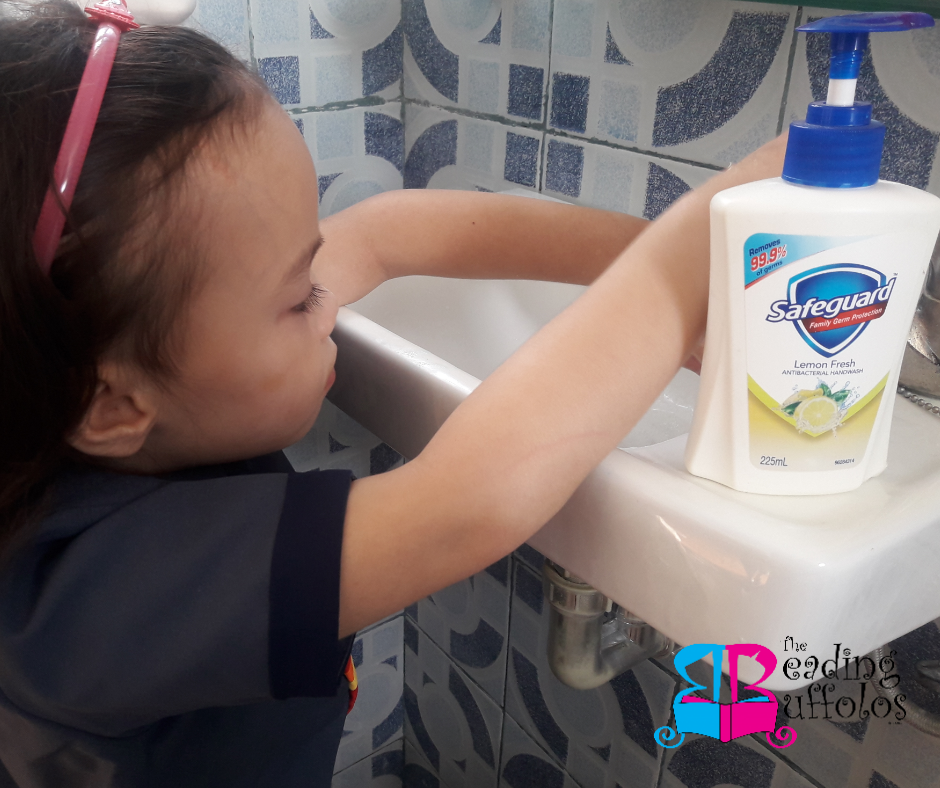
“Children are the most vulnerable to illnesses caused by germs which can be easily avoided through handwashing, yet the Philippine Handwashing Index discovered that many Filipinos today still have not developed proper handwashing habits.” says Jia Salindong-Du, Brand Manager of Safeguard Philippines.
Safeguard has been in the advocacy of educating Filipinos about the health benefits of frequent and proper handwashing in the past 50 years.
In its press kit, Safeguard noted that the practice of proper handwashing is a critical part in aiding absenteeism.
“The American Chamber Foundation Philippines, Inc. (AmCham Foundation) observed that absences caused by common illnesses decreased by 66% a month after sinks and Safeguard soaps were provided and the Linis Lusog Caravan was held in Timoteo Paez Elementary School in Pasay,” the releaae reads.
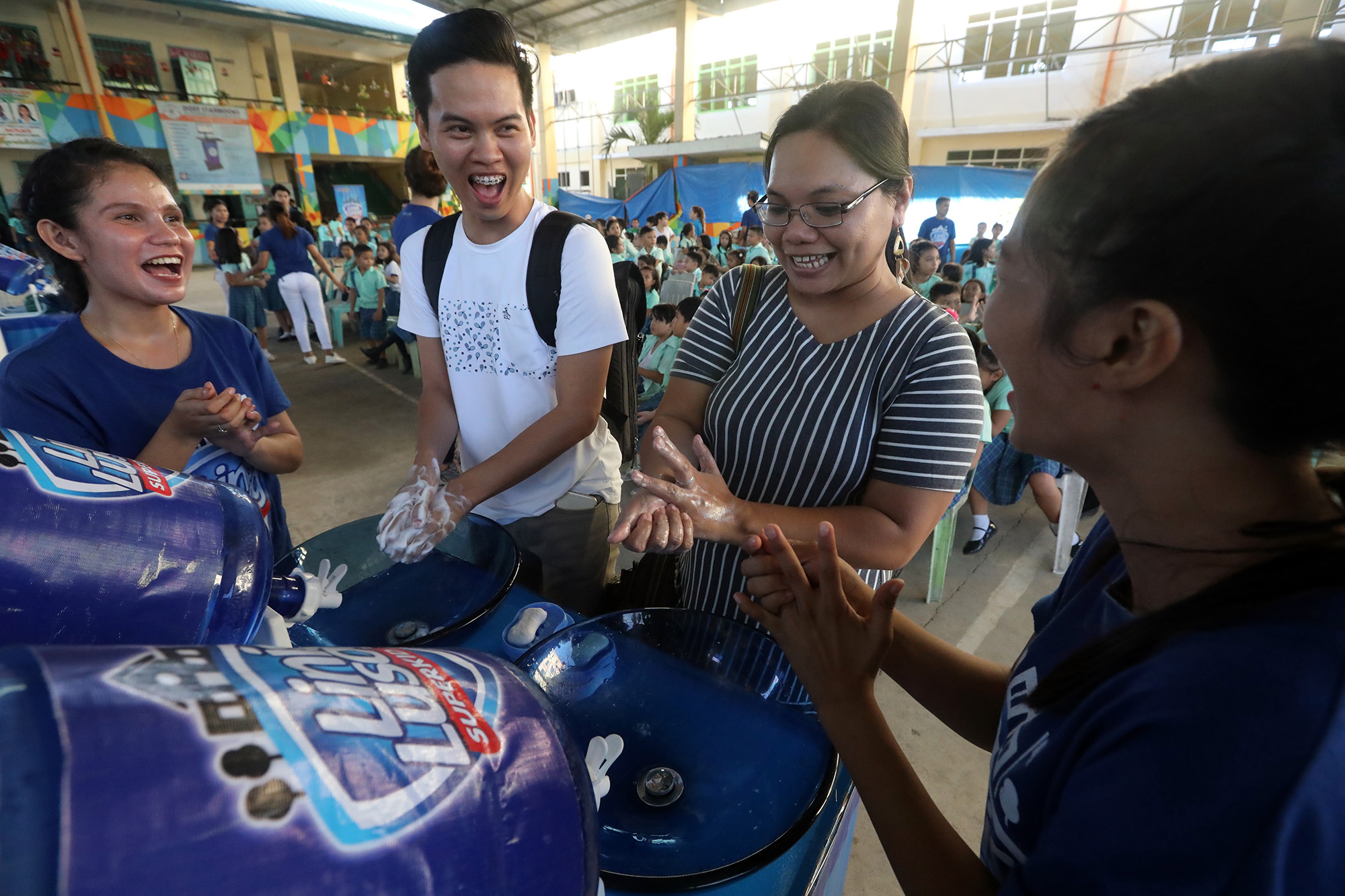
I hope to see a partnership with one of the schools here in Cebu though so we can also have a local story in relation to this advocacy.
This knowledge and experience encouraged me to work on a children’s storybook on proper handwashing with a fun post-storytelling activity that will involve soap and water.
Now that is something to look forward to!
